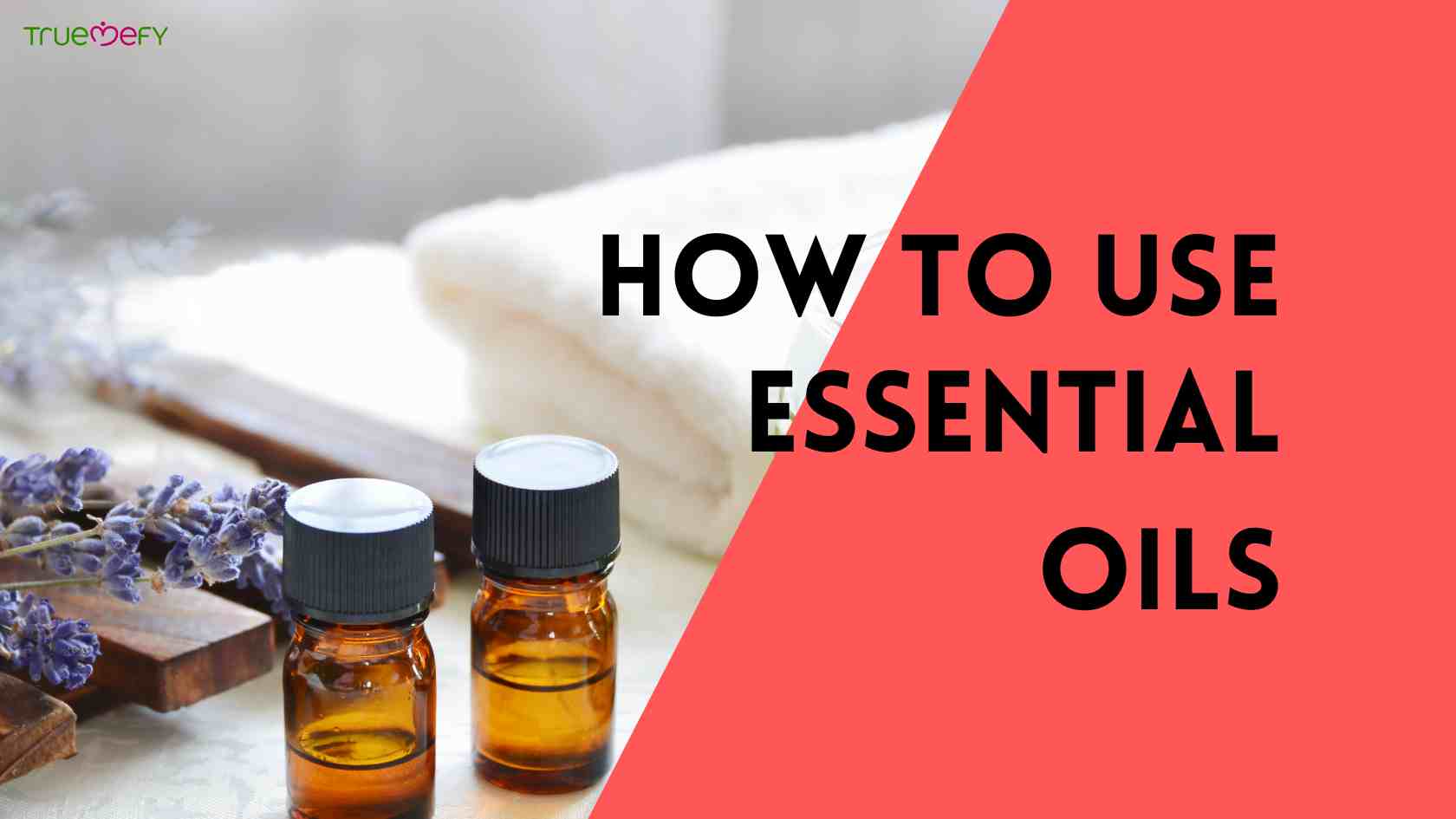How To Use Essential Oils: A Detailed Guide

Essential oils are powerful natural compounds extracted from plants, known for their therapeutic benefits. Using essential oils correctly can enhance your well-being. Here’s a detailed guide on how to use essential oils safely and effectively.
Always check the expiration of essential oils before use to ensure their effectiveness and safety. You can learn more about identifying expired oils in our article on "do essential oil expires?".
Aromatherapy
Inhaling essential oils is one of the most common and straightforward methods of use. The aromatic compounds are quickly absorbed through smell, influencing brain function and emotions.
- Direct Inhalation: Simply open the bottle and inhale deeply a few times.
- Diffusers: Add a few drops of essential oil to a diffuser filled with water. The diffuser will disperse the oil into the air, creating a calming atmosphere.
- Steam Inhalation: Add a few drops of essential oil to a bowl of hot water, place a towel over your head and the bowl, and inhale the steam.
Topical Application
Applying essential oils directly to the skin allows the compounds to be absorbed into the bloodstream, providing localized benefits. However, essential oils should always be diluted with a carrier oil to prevent skin irritation.
- Dilution: A common dilution ratio is 2-3 drops of essential oil per teaspoon of carrier oil. Carrier oils include coconut oil, jojoba oil, almond oil, and olive oil.
- Massage: Mix the essential oil with a carrier oil and massage it into the skin. This method not only helps with the absorption of the oil but also provides the added benefit of physical relaxation.
- Baths: Add a few drops of essential oil to a carrier oil or an emulsifier like milk, and then add it to your bathwater. This method combines the benefits of inhalation and topical application.
Household Uses
Essential oils are excellent natural alternatives for cleaning and purifying your home environment.
- Cleaning Solutions: Combine essential oils like lemon, tea tree, or eucalyptus with water and vinegar to create a powerful, natural cleaning solution. This can be used on surfaces, floors, and as a disinfectant spray.
- Air Fresheners: Create your own air freshener by mixing essential oils with water in a spray bottle. Spray it around your home to freshen up the air.
- Laundry: Add a few drops of essential oil to your laundry detergent or directly to the washing machine for fresh-smelling clothes.
Safety Precautions
While essential oils offer numerous benefits, they must be used with caution to avoid adverse reactions.
- Patch Test: Always perform a patch test before using a new essential oil. Apply a small amount of diluted oil to your forearm and wait 24 hours to check for any irritation or allergic reaction.
- Proper Dilution: Never apply undiluted essential oils directly to the skin. Always dilute them with a carrier oil.
- Internal Use: Do not ingest essential oils unless under the supervision of a qualified healthcare professional. Ingesting essential oils can be toxic.
- Children and Pets: Some essential oils are not safe for children or pets. Research and consult a professional before using essential oils around them.
- Pregnancy and Breastfeeding: Certain essential oils should be avoided during pregnancy and breastfeeding. Always consult a healthcare provider before use.
Storage
Proper storage of essential oils is crucial to maintain their potency and shelf life.
- Dark Glass Bottles: Store essential oils in dark glass bottles to protect them from light and oxidation.
- Cool, Dark Place: Keep the bottles in a cool, dark place, away from direct sunlight and heat sources.
- Tightly Sealed: Ensure the bottles are tightly sealed to prevent evaporation and oxidation.
By understanding the different methods of using essential oils and following the necessary safety precautions, you can effectively incorporate these natural remedies into your daily life. Whether for relaxation, skincare, or household cleaning, essential oils offer a versatile and holistic approach to enhancing your well-being.
- Tags: Essential Oils

